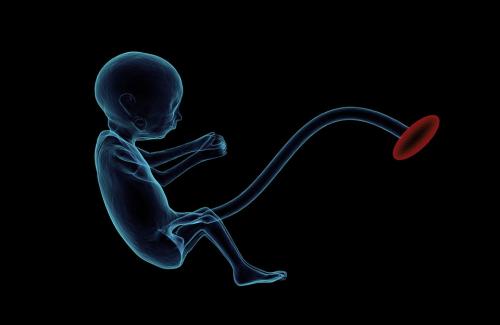
The study examined placentas donated by women who delivered in Hawaiʻi from 2006 to 2021. The rise in microplastics found in the placentas of Hawaiʻi mothers corresponds with the skyrocketing levels of global plastic production.

We know a placenta is essential for a successful pregnancy, but we don’t really know exactly how it works because we’ve had no experimental models we can use to study it. Until now.

For the first time, researchers have found evidence of tiny particles of carbon, typically created by burning fossil fuels, in placentas.